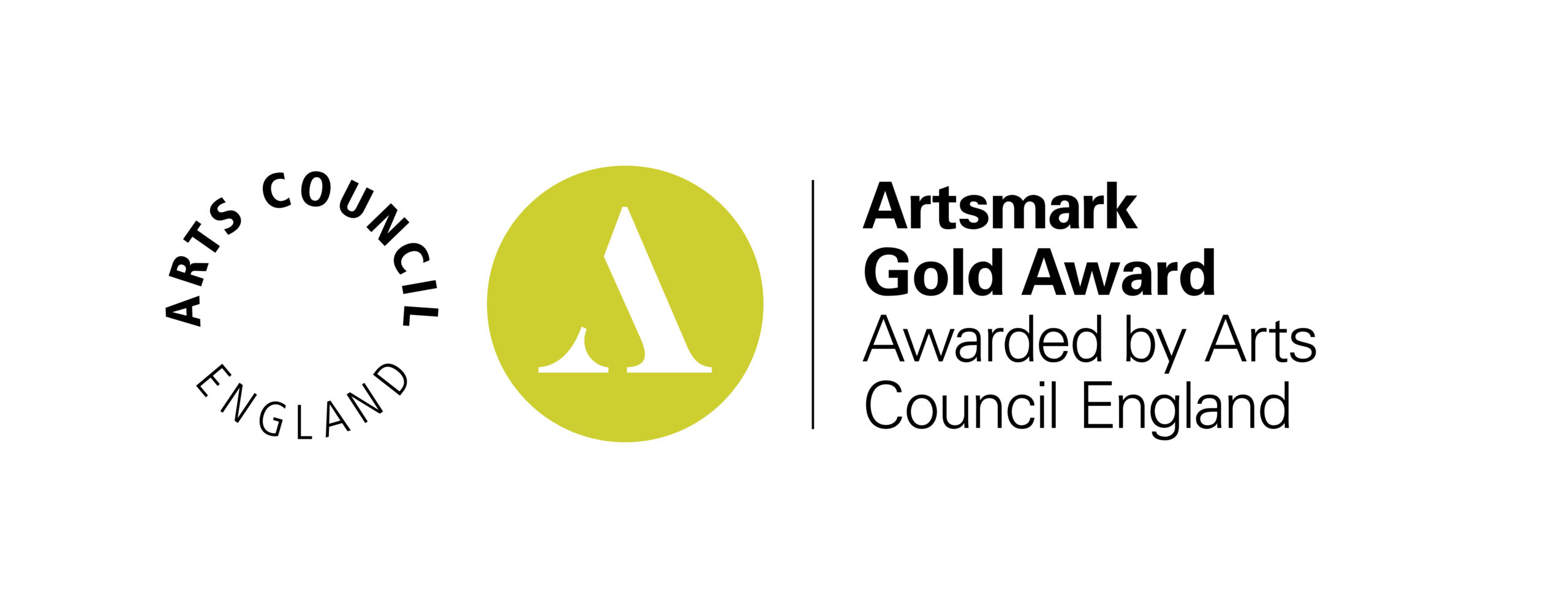“More and more post-16 students are considering this route. A degree apprenticeship is a fantastic way for 18-year-olds to embark on a degree and begin their career debt-free,” Paul Simpson, Hucknall Sixth Form Centre.
University is not the right path for everyone but what are the options for students who want an alternative to classroom-based learning? Consider an apprenticeship – it’s a great way to ‘earn while you train’ and offers hands-on experience that can give students a leading edge.
The National Apprenticeship Service wants students, parents and employers to ‘look beyond’ traditional routes into employment as they try to dispel the myth that apprenticeships are simply trade-based, entry level courses. In fact, the truth is there are more than 1,500 roles available across 170 industries with training opportunities up to degree level.
How does it work?
Apprentices are treated just like any other employee with a contract and holiday leave, and of course they are paid a wage in line with their age and experience. From the 1 April 2020, an apprentice under 19 years of age and in the first year of their apprenticeship will be entitled to £4.15 per hour. Find out more about the national minimum wage for apprentices.
Twenty per cent of an apprentice’s time is spent in “off-the-job” training – some of which will be delivered by a training provider in the workplace. There are four levels of apprenticeship from GCSE up to degree-level, and best of all there is no cost to the student.
| Name | Level | Equivalent educational level |
| Intermediate | 2 | GCSE |
| Adavanced | 3 | A level |
| Higher | 4,5,6,7 | Foundation degree and above |
| Degree | 6+7 | Bachelor’s and master’s degree |
An apprenticeship typically takes between one to six years to complete and at the end of the placement many students are offered permanent employment. The combination of a formal qualification with real-world experience is great way to boost a student’s chances of getting ahead later in their career, especially in competitive industries.
The next steps
National Apprenticeship Week is an ideal time to find out more about this alternative route into employment and a great place for students to start is with an academy careers’ advisor. They have access to lots of useful resources including subscription services like UniFrog which has a comprehensive list of vacancies across the country.
Finding a role you want to apply for is the first step in the process to securing an apprenticeship. Just like any other job, students will be invited to attend an interview and if successful they’ll be offered a position. Those who don’t feel ready to apply for an apprenticeship could consider undertaking a traineeship first to widen their skillset and gain more experience in the workplace. Find out more on traineeships here.
From Tuxford to the BBC
Hannah always knew she didn’t want to go to university but had her sights firmly set on working for the BBC. She left Tuxford Academy with three A-levels and set off in hot pursuit of an apprenticeship which took her round the country in a rigorous recruitment process. It paid off and in 2019 she landed her dream job working for the BBC in Oxford with an apprenticeship in digital journalism. Hannah is guaranteed a job when her apprenticeship comes to an end and eventually she hopes to work in the natural history department on some of the country’s best loved nature programmes.

Further resources
Check out some of our favourite websites for more information on apprenticeships. They are packed full of advice and tools to help make the journey into an apprenticeship smoother.
1. apprenticeships.gov.uk
2. ucas.com/apprenticeships-in-the-uk
3. allaboutapprenticeships.co.uk
4. notgoingtouni.co.uk
5. careermap.co.uk
Amazing Apprenticeships has a great feature called Parent Pack with tailored information for parents and carers whose children are considering an apprenticeship.




